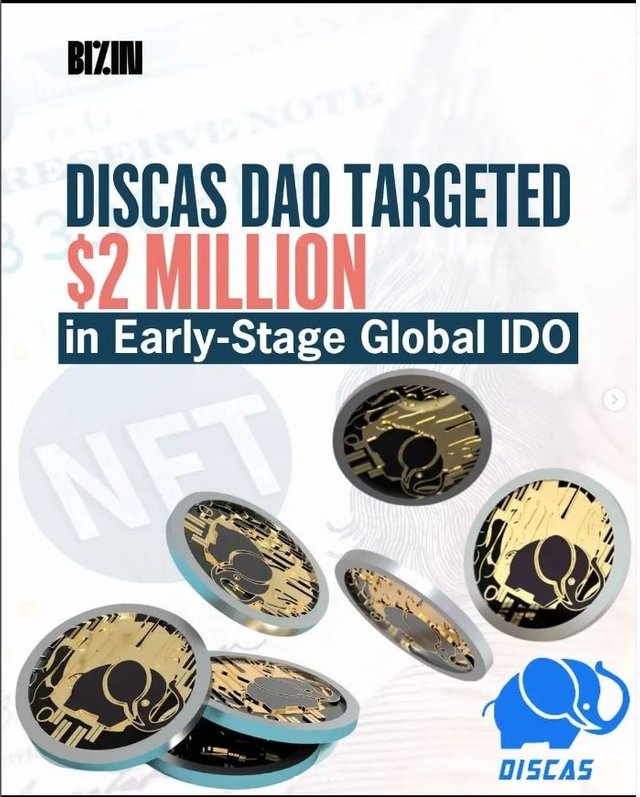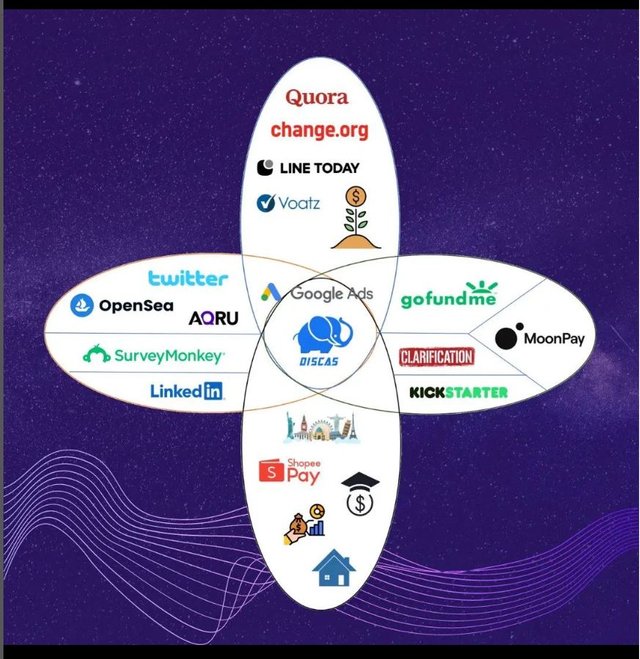Cryptocurrencies have created a paradigm shift in the way transactions are carried out online. While the concept has been around for quite some time, now it’s at the forefront of public consciousness. Bitcoin and other similar digital currencies have revolutionized the way we think about financial privacy and security. If you’re new to this concept, you may be wondering what is a cryptocurrency and how does it work? Put simply, a cryptocurrency is a digital currency that is powered by cryptography rather than central banking. This helps in keeping the transactions secure and anonymous. Moreover, a cryptocurrency is completely decentralized, which means there’s no central authority that can make changes to its rules. These characteristics make cryptocurrencies a faster and more secure way to make transactions online.
What is a Decentralized Application?
A decentralized application, or DAPP for short, is an application that runs on a blockchain network. Unlike traditional web applications, which are centralized, DAPPs are decentralized because they run on a P2P network. This means there are no central servers where data is stored. Instead, data is distributed among the nodes of the network.
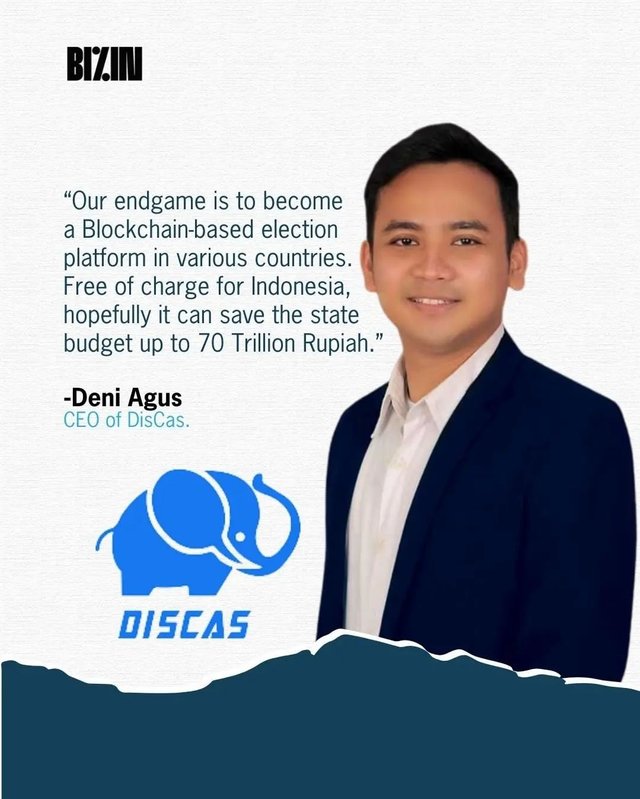
The application itself is run by smart contracts which define its functionality. However, the data that powers the application is stored on the blockchain, which is why it’s often referred to as a decentralized application.
How Does a Decentralized Application Work?
To understand how DAPPs work, it’s important to first understand how traditional web applications work. When you use a web browser to access a website, that website has access to the information stored on your device. The website can access this data through theriptocoltocolue, which is known as a API. APIs allow website developers to access and use data stored on a user’s device. However, APIs come with a large security risk. If a website has access to your data, it can do a lot of bad things with it. For example, it could sell your data to third parties, use it to send you unwanted ads, or even misuse it by executing malicious code.
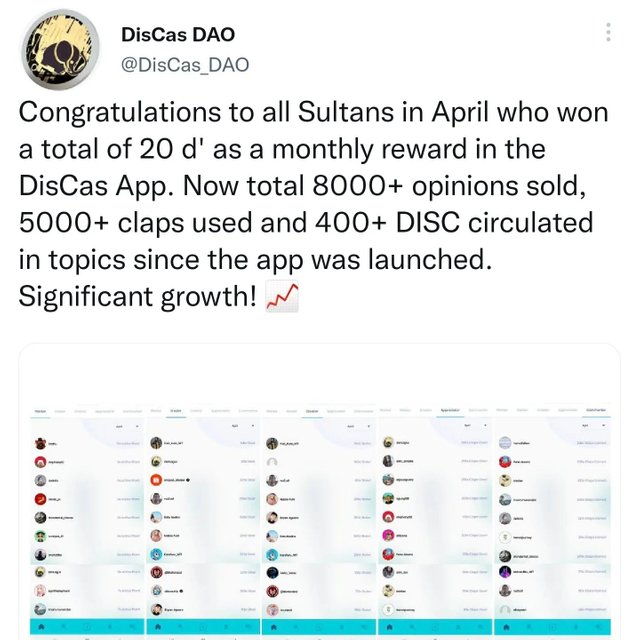
What is a Decentralized Autonomous Organization?
In essence, a decentralized autonomous organization (DAO) is an organization that is run by code. Unlike traditional organizations that are managed by humans, a DAO is managed by smart contracts. A DAO exists on the Ethereum blockchain network, which is controlled by everyone using DAO tokens. The code running the DAO has predefined rules that determine how the organization can conduct business. For example, the code might say that for every dollar a DAO spends, it should receive a dollar in return. This means that if the organization runs a crowdfunding campaign and promises to send out T-Shirts if the campaign is successful, the code would automatically distribute T-Shirts to all backers of the campaign.
Pros of Using a Decentralized Application
A decentralized application has a lot of advantages compared to a traditional web application. Perhaps the most obvious one is that it’s decentralized. Unlike centralized web applications, which are vulnerable to data breaches, decentralized applications aren’t centralized. They don’t store any data on the user’s device, which means they don’t have access to the information. This means decentralized applications have no personal information. Decentralized applications don’t have any identifying information, such as name, address, or financial data. They don’t store any information that could be used to make an identifying connection, such as financial data.
They don’t share information with third parties, such as advertisers. Lastly, they’re faster. As the number of users on a blockchain network grows, so does the network’s capacity. However, this growth often comes with a rise in centralization. In a centralized web application, the servers that host the application are often located in one place. This means that if the server is hacked, the hackers can control a large percentage of the network’s capacity. In contrast, in a decentralized application, the servers that host the application are spread throughout the network. This means that if one server is hacked, the capacity of the entire network isn’t compromised.
Problems with Current centralized Applications
Centralized applications have a number of problems that make them unsuitable for the decentralized environment blockchain technology offers. Centralized applications are often more expensive to run. This means if more people start using the application, it requires more hardware to handle the increased demand. Plus, centralized applications are often more expensive to maintain. This is because they tend to rely on a small number of provider-owned and operated servers. In contrast, decentralized applications are often run and maintained by the users of the application. This means if a user doesn’t use their application, there’s no cost associated with keeping it running. Plus, decentralized applications are often more secure. This is because they don’t have a single point of failure, like a centralized server.
How DAOs Work?
A DAO, or decentralized autonomous organization, is a new type of organization that’s built on top of a blockchain. In essence, it’s an organization that’s run by code, which uses smart contracts to manage its finances and operate its daily business. Unlike a traditional organization with a steering committee that makes company-wide decisions, in a DAO, each person makes decisions on a personal level.
This means there’s no corporate hierarchy, which means there’s no need for employees to report to higher-ups. Instead, employees can make decisions that are right for them and their own departments. This also means that there’s no corporate culture to assimilate into. Instead, employees are able to keep their personal life separate from their work life.
Pros of Using a Decentralized Application
There are a number of benefits of using a decentralized application over traditional web applications. Perhaps the most obvious one is that it’s more secure. Unlike centralized web applications, which can be compromised by hackers, a decentralized application is immune to cyberattacks. This is because there’s no central server where data is stored. Instead, data is distributed among the nodes of the network, which makes it harder to gain access to.
Cons of Using a Decentralized Application
There are a few disadvantages of using a decentralized application compared to a traditional web application. Perhaps the most notable one is that it’s harder to manage. Unlike centralized applications, where one person manages everything, in a decentralized application, everyone manages everything. This means that if one person doesn’t show up to work one day, the entire application could grind to a halt.
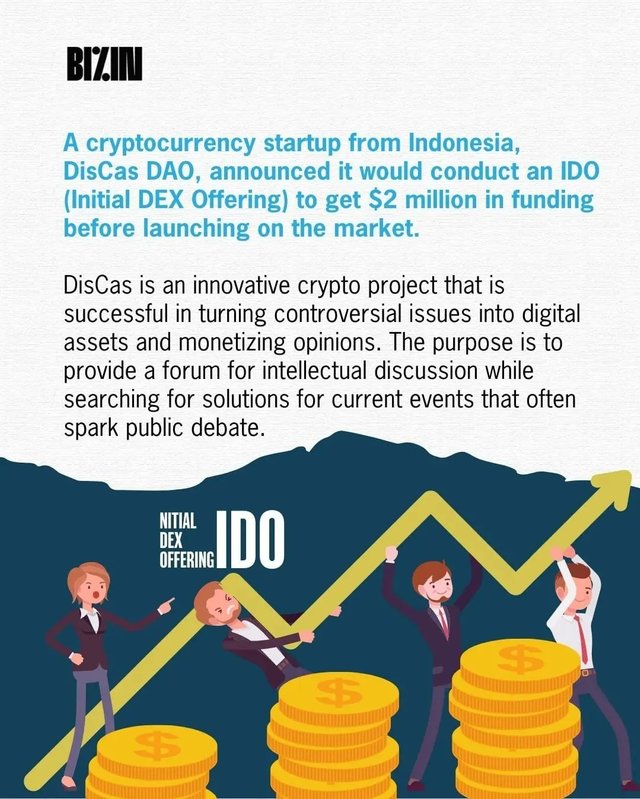
In conclusion, a decentralized application is a blockchain-based software application that runs on a distributed network. It’s often more secure than traditional web applications because it doesn’t have a central server where data is stored. It’s also more affordable and faster to operate.
While decentralized applications have merit in their own right, they’re even more impactful when used in tandem with a decentralized blockchain.
#Discasdao #bitcoin #bitcoinindonesia #ido #bitcoinnews #investment #investasi #investor #investingtips #discus
The idea to bring opinions valued and appreciated
APP LINK: https://play.google.com/store/apps/details?id=id.discas.app
All social media link
Website : https://discas.io/
Whitepaper : https://drive.google.com/file/d/11SnBWP-HIvRrI3x1gEI0PlZmU_2X19_A/view?usp=sharing
Twitter : https://twitter.com/discas_dao
Telegram : https://t.me/discas_en
Medium : https://medium.com/@discas.dao
Linkedin : https://www.linkedin.com/company/discas-vision/mycompany/
Instagram : https://instagram.com/discas.io
Youtube : https://www.youtube.com/channel/UCsejG1DscXHHYBu-d0JlIPw
bitcointalk username : Uzzalroy
https://bitcointalk.org/index.php?action=profile;u=2348504
Wallet Address: 0x62Cf6b66B4795C8Ca749d6e8dad6ad52A3986eb9
